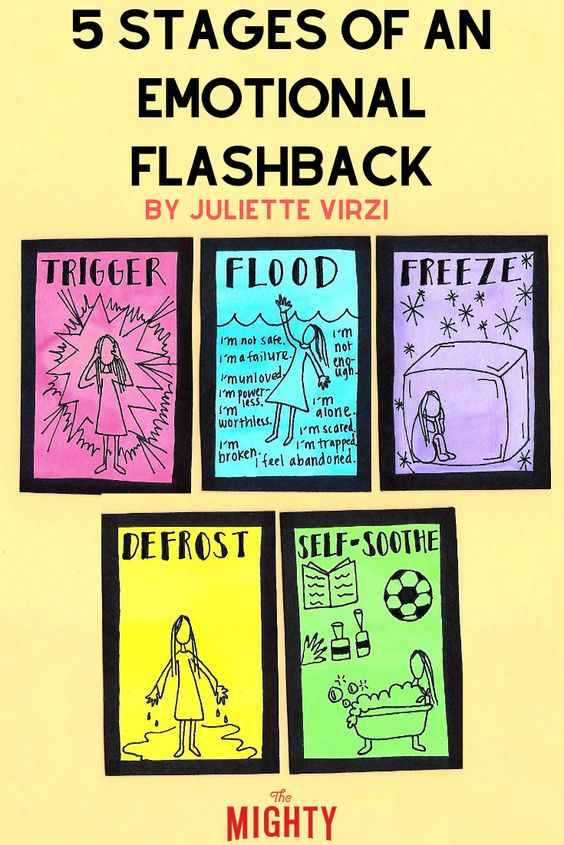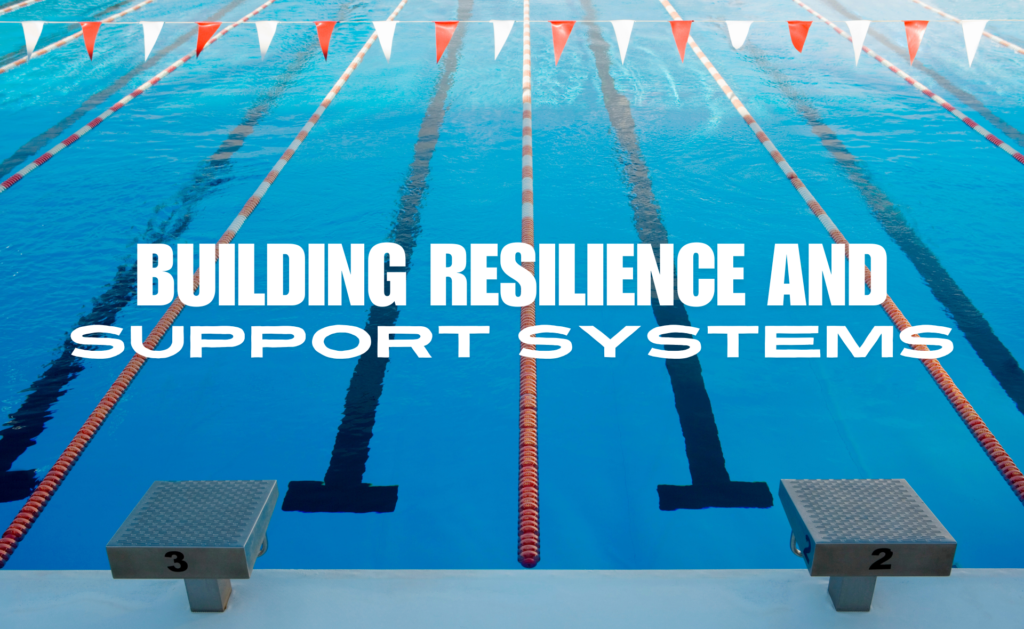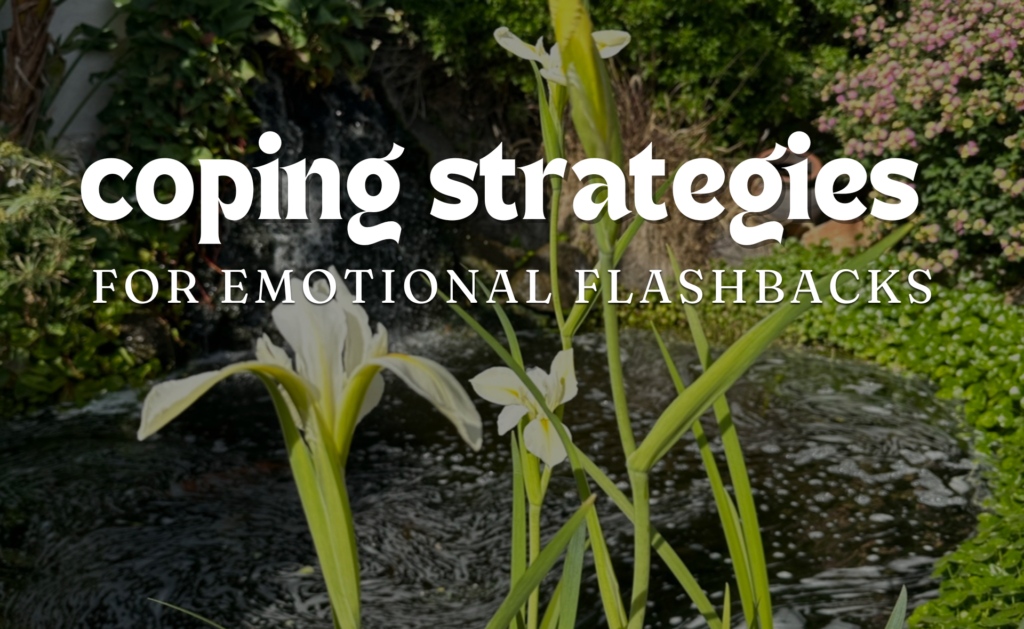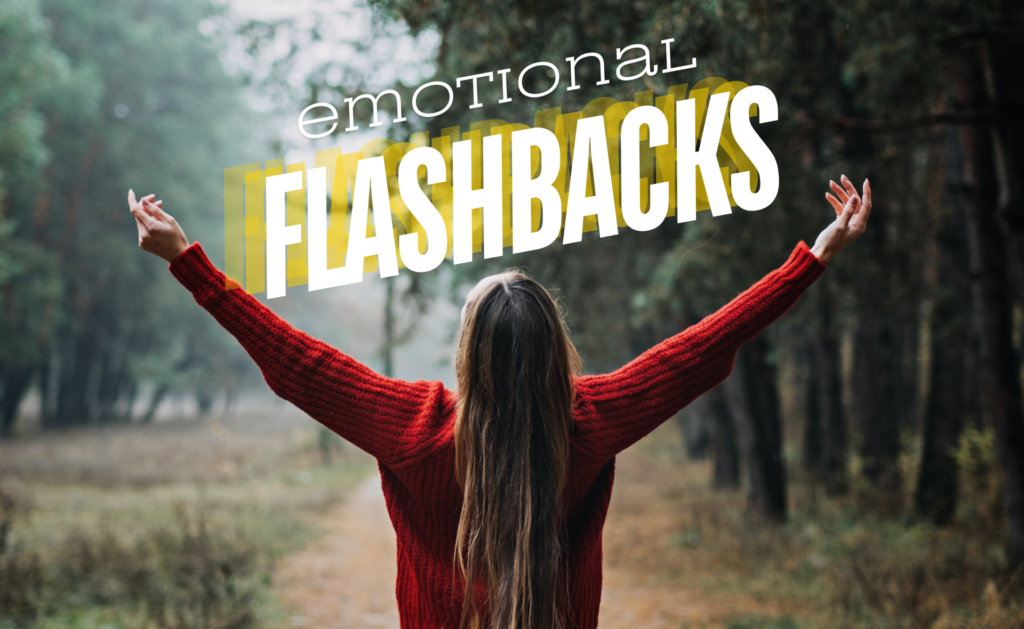Living with complex post-traumatic stress disorder (cPTSD) can be incredibly challenging, but building resilience and a strong support system can and will make a world of difference. In this part, I’ll share how friends and self-care have played crucial roles in my journey toward healing. I’ll also offer tips for loved ones who want to provide meaningful support.
The Role of Friends and Family
Having a solid support system is essential when dealing with cPTSD. Friends and family can provide a safe space to express your feelings, offer encouragement, and simply be there when you need someone to lean on.
Keep in mind, not everyone will understand what you’re going through, and that’s okay. The key is to surround yourself with people who are willing to listen, learn, and offer non-judgmental support.
Personal Experiences with Support Systems
In my own experience, I’ve found that not everyone in my life fully grasps what cPTSD entails, but those who do have made a significant impact on my healing process.
I had former family members, ex-boyfriends and old co-workers who worked together to spread false rumors about me and my diagnosis while I was trying to heal, attempting to ruin any type of future I could have had. They did not succeed.
However, the impact they have had on my life, while heartbreaking, showed me who they really are as people. It also showed me what some people will do for money. It showed me their character, their morals and values. Or should I say, lack thereof?
Watching this all unfold over a year, while being abused by my these type of individuals, along with members of my community—due to rumors that most likely stemmed from a kernel of truth occurring during an emotional flashback—well let’s just say it gave me the courage to walk away from them and never look back.
I’ve had to relearn how to communicate openly with the people I am able to trust, letting them know how they can best support me. Whether it’s a friend checking in regularly, offering a listening ear, or simply respecting my need for space, these acts of kindness have been invaluable. They are teaching me how to trust people again.
There have been moments when I felt isolated, but the love and support of those close to me now have reminded me that I’m not alone in this journey.
Importance of Self-Compassion in Managing cPTSD
Self-compassion is vital when living with cPTSD. It’s easy to be hard on yourself when symptoms flare up, but practicing kindness toward yourself can help alleviate some of the emotional pain. Acknowledging that what you’re going through is difficult and allowing yourself the grace to heal at your own pace is essential.
Personal Self-Care Routines and Practices
For me, self-care is non-negotiable. I’ve developed routines that help me stay grounded and nurture my well-being. This includes journaling, which allows me to process my emotions, and regular exercise, which helps me manage stress.
I also make time for activities that bring me joy, whether it’s reading, taking a walk in nature, or spending time with friends. These practices may seem simple, but they are crucial for maintaining my mental and emotional health.
Understanding That Healing Is a Journey
Healing from cPTSD is not a linear process; it’s a journey with ups and downs. Some days are harder than others, but every step forward is progress. It’s important to recognize that healing takes time and that setbacks are a natural part of the process. What matters most is the commitment to keep moving forward, no matter how slow the progress may seem.
The Ups and Downs of Building Resilience
You’re going to go backward some days—I went backward last month. I was experiencing an emotional flashback from being abused by one of my former high school classmates and ended up texting her some pretty nasty things. I’m not proud of it.
Do I regret it? Yes, but not for the reasons you might think. I don’t regret what I said—I’ll say it louder for the people in the back. This woman, whom I trusted, was a team captain with—this woman couldn’t even be faithful to her now-husband before their marriage.
But taking a good look at herself in the mirror, that would be too difficult. That would require accountability. So instead, she chooses to point out and make public, the flaws or abnormalities in others to keep the attention away from what and who she does in the dark.
This was the type of person that I was looking up to? One of these type of women who play mean little messed up games out of jealousy with people’s lives? Yikes. That’s what trauma does, it puts giant holes in your memory, you forget about the things you have witnessed.
I regret the texts is because they were sent during an emotional flashback. I was experiencing something that I am not present for when it occurs. It leaves me feeling weak, which I am anything but.
Let me say one thing quickly—I know what I have and have not done and I also take ownership of what happens during my flashbacks, because they are a piece of me. They are the heartbroken piece of me. They have left me with so many regrets in life, I’ve lost count. I have to own that version of me, I think because I’m the one who allowed this many people to abuse me for so long.
I allowed this many people to chip away at my character, at my morals and values, stealing little pieces of who I am at the very core of my being along the way. I allowed it to get to this point, to the point of complex post-traumatic stress disorder induced from long-term narcissistic abuse.
I allowed this non-stop cycle bullying to start at home, in my community, with these type of people. The type of people who have gotten where they are by stabbing kind-hearted people in the back, in the dark.
So yes, I do take ownership of my actions and the words, however can you imagine how unfair that must feel for me? How frustrating it is for someone who has the intelligence, proof and balls to say it in a way that shuts it down immediately, to have that opportunity robbed from you by a flashback you are not present for.
That’s what emotional flashbacks do, they rob me of my opportunity to say something the way it needs and should be said. They rob me of opportunities like this, to speak the truth.
Emotional flashbacks are these micro-moments that steal my voice and my mind.
I do hope that one day this former ‘friend’ looks into counseling so she won’t continue to participate in activities that take a person to the edge of suicide, like she did mine. At the end of the day, she is the one who has to face herself and God for what and who she did.
People’s lives aren’t games.
Personal Milestones and Progress
Looking back, I can see how far I’ve come, even if it doesn’t always feel that way in the moment. Small victories, like managing a flashback without feeling completely overwhelmed or reaching out for help when I need it, are significant milestones. Celebrating these achievements, no matter how minor they may seem, has helped me stay motivated and hopeful on my journey to healing.
Personal Advice to Friends and Family
From my own experience, I’ve learned that communication is key. If you’re not sure how to support someone with cPTSD, just ask. Simple questions like, “How can I help?” or “What do you need from me right now?” can make a big difference.
I can tell you that most of the time, I just want space. Space allows me to deal with the mood that I’ve been thrown into on my own.
A few things NOT do:
- Make up a diagnosis about the individual to suit your own narrative. For example, my sister likes to go around telling people that I’m bipolar (this is defamation of character and can get you sued—don’t do it).
- Isolate them from people they need for support. Again, my family and friends all isolated me, trying to break me down until I didn’t want to live anymore. Please don’t be this kind of awful human being. I had to flee the state in the middle of the night because of how much fear I was in from what these people were doing to me psychologically.
- “Are you alive?” texts. Passive aggressive texts like this to someone who can easily go up or down in mood can cause severe damage to their day-to-day life. Stop being passive aggressive and get a hobby.
The best thing you CAN do for someone you care about who has cPTSD is to educate yourself so you can better understand what your loved one is going through. Remember, your support doesn’t always have to be grand gestures; sometimes, just being there and showing that you care is enough.
Building resilience and a strong support system are crucial elements in the journey toward healing from cPTSD. Whether you’re the one dealing with cPTSD or a loved one offering support, know that every step you take toward understanding, compassion, and care makes a difference.
If you haven’t had a chance, go back and check out Part 1 and Part 2 of my series on Emotional Flashbacks and Living with cPTSD. Also, stay tuned for the final part of this series, where I’ll share encouragement, resources, and reflections on continuing to grow in faith and resilience.
You can also check out my Amazon storefront for some of the items that I bought along the way that helped me out!




